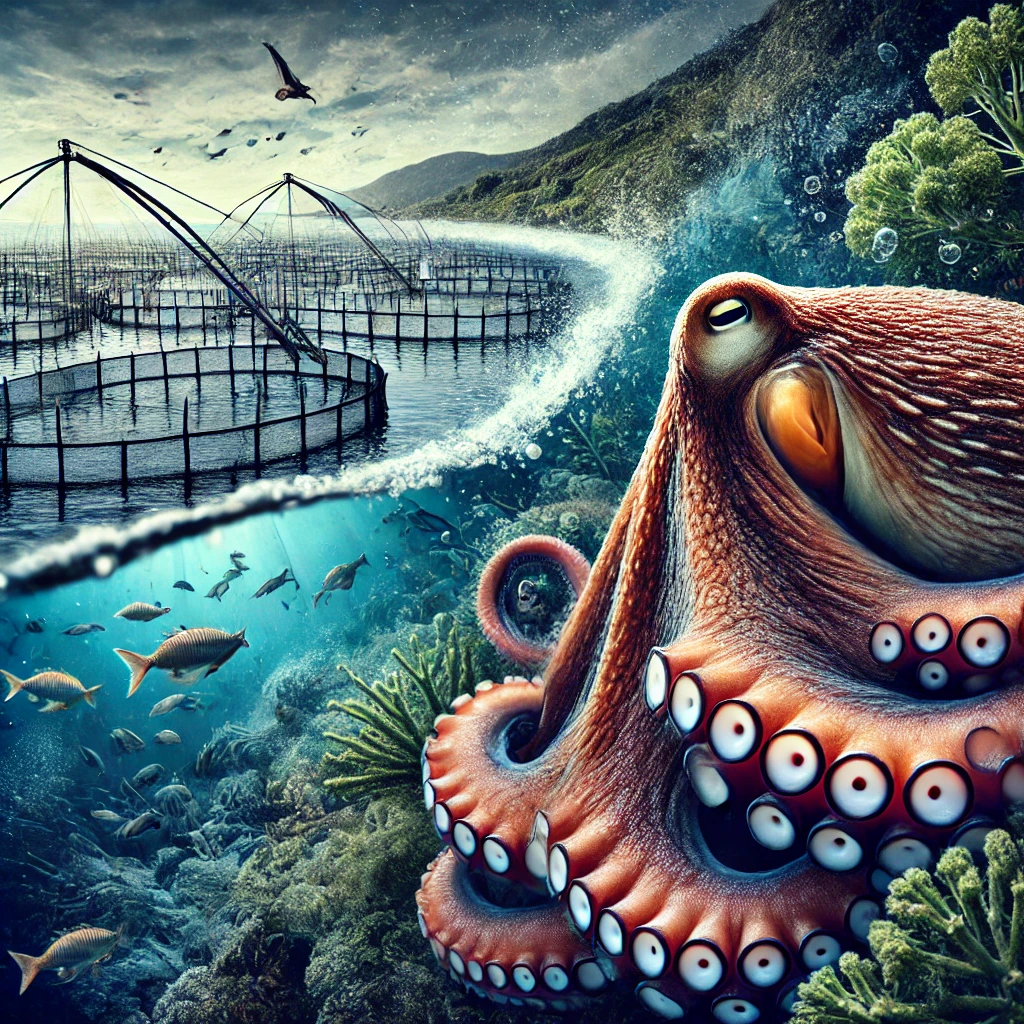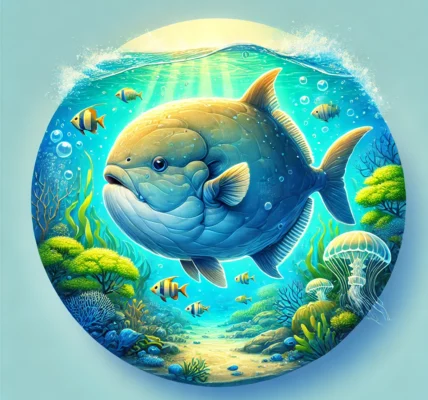Why Is Octopus So Expensive?
Octopus, a popular delicacy in many parts of the world, often carries a hefty price tag. But what makes it so expensive? This article explores the various factors behind the high cost of octopus, from the challenges in farming to the ethical concerns surrounding its cultivation.

The Challenges of Octopus Farming
One of the main reasons octopus is expensive is that it cannot be easily farmed. Unlike other seafood, octopuses are solitary carnivores and do not live in groups, making it hard to create a successful farming environment. They are highly territorial and may even cannibalize each other if placed in the same area.
Moreover, baby octopuses are extremely picky eaters, preferring only live prey. This not only increases the cost of feeding them but also makes it difficult to maintain water quality in farming systems. Because of these challenges, octopus farming has not been widely adopted, contributing to the high cost of wild-caught octopuses.
Recent Developments in Octopus Farming
Despite these obstacles, there are reports of potential breakthroughs in octopus farming. A Spanish facility has announced plans to begin farming octopuses on a large scale, aiming to produce one million octopuses annually. However, this has sparked significant controversy, as many scientists and animal welfare organizations argue that farming octopuses is unethical due to their high intelligence.
It’s well-known that octopuses possess intelligence comparable to that of a dog. Keeping such an intelligent creature in confined environments raises ethical questions, especially considering the inhumane methods proposed for slaughter, such as killing them in ice-cold water. Despite these concerns, the facility responsible for the farming initiative insists that they will manage the process ethically.
Ethical Concerns and Future of Octopus Farming
The debate around octopus farming continues, with animal rights activists and scientists warning of potential cruelty and environmental issues. With the growing demand for octopus as a delicacy, whether ethical farming practices can be established remains to be seen. Until then, the rarity and difficulty of farming octopuses will likely keep prices high.











